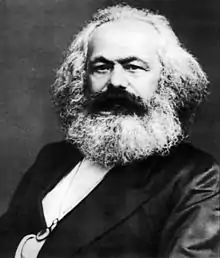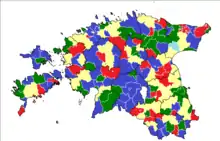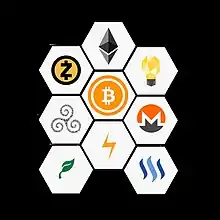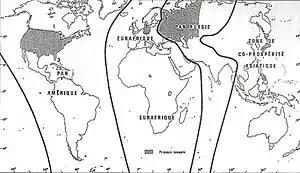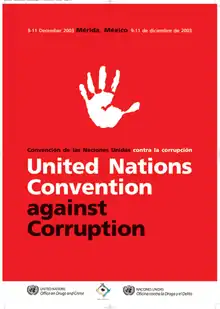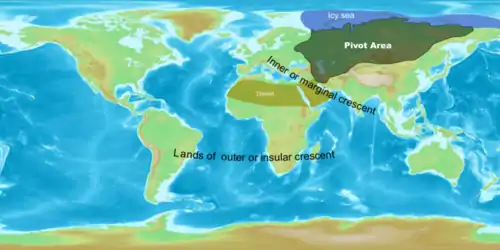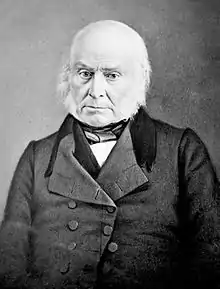Portal:Politics
| Main | Topics and categories | Tasks and projects |
The Politics portal
Politics (from Ancient Greek πολιτικά (politiká) 'affairs of the cities') is the set of activities that are associated with making decisions in groups, or other forms of power relations among individuals, such as the distribution of resources or status. The branch of social science that studies politics and government is referred to as political science.
It may be used positively in the context of a "political solution" which is compromising and nonviolent, or descriptively as "the art or science of government", but also often carries a negative connotation. The concept has been defined in various ways, and different approaches have fundamentally differing views on whether it should be used extensively or in a limited way, empirically or normatively, and on whether conflict or co-operation is more essential to it.
A variety of methods are deployed in politics, which include promoting one's own political views among people, negotiation with other political subjects, making laws, and exercising internal and external force, including warfare against adversaries. Politics is exercised on a wide range of social levels, from clans and tribes of traditional societies, through modern local governments, companies and institutions up to sovereign states, to the international level.
In modern nation states, people often form political parties to represent their ideas. Members of a party often agree to take the same position on many issues and agree to support the same changes to law and the same leaders. An election is usually a competition between different parties.
A political system is a framework which defines acceptable political methods within a society. The history of political thought can be traced back to early antiquity, with seminal works such as Plato's Republic, Aristotle's Politics, Confucius's political manuscripts and Chanakya's Arthashastra. (Full article...)
Selected article
Political Animals and Animal Politics is a 2014 edited collection published by Palgrave Macmillan and edited by the green political theorists Marcel Wissenburg and David Schlosberg. The work addresses the emergence of academic animal ethics informed by political philosophy as opposed to moral philosophy. It was the first edited collection to be published on the topic, and the first book-length attempt to explore the breadth and boundaries of the literature. As well as a substantial introduction by the editors, it features ten sole-authored chapters split over three parts, respectively concerning institutional change for animals, the relationship between animal ethics and ecologism, and real-world laws made for the benefit of animals. The book's contributors were Wissenburg, Schlosberg, Manuel Arias-Maldonado, Chad Flanders, Christie Smith, Clemens Driessen, Simon Otjes, Kurtis Boyer, Per-Anders Svärd, and Mihnea Tanasescu. The focus of their individual chapters varies, but recurring features include discussions of human exceptionalism, exploration of ways that animal issues are or could be present in political discourse, and reflections on the relationship between theory and practice in politics.
Featured picture

Photo taken by a Lockheed U-2 spy plane of the San Cristobal MRBM launch site in Cuba, November 1962, after the Cuban Missile Crisis. Although this image was taken days after the crisis had ended (October 28), this image has become iconic of the crisis to the point where it is often cited incorrectly as having been taken during the crisis.
 Featured lists -
Featured lists -
Selected quote
Selected biography
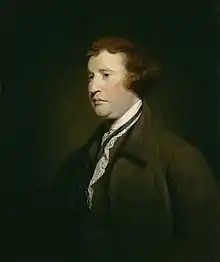
Edmund Burke PC (12 January [NS] 1729– 9 July 1797) was an Irish statesman, author, orator, political theorist and philosopher who, after moving to England, served for many years in the House of Commons of Great Britain as a member of the Whig party. He is mainly remembered for his support of the cause of the American Revolutionaries, and for his later opposition to the French Revolution. The latter led to his becoming the leading figure within the conservative faction of the Whig party, which he dubbed the "Old Whigs", in opposition to the pro–French Revolution "New Whigs", led by Charles James Fox. Burke was praised by both conservatives and liberals in the 19th century. Since the 20th century, he has generally been viewed as the philosophical founder of modern Conservatism, as well as a representative of classical liberalism.
Did you know (auto-generated) -
- ... that Dante used the third circle of hell to discuss contemporary Florentine politics rather than the sin of gluttony?
- ... that before she was elected to the Parliament of Armenia, Maria Karapetyan spray-painted political graffiti on the streets of Yerevan in support of Nikol Pashinyan?
- ... that the only purpose of the Delaware Straight-Out Truth Teller was to promote a political candidate?
- ... that Joseph Paduano, the minority floor leader in the Philippine congress, began his political career in the military wing of the Revolutionary Workers' Party under a nom de guerre?
- ... that John Henry Dunn resigned from the Executive Council of Upper Canada only three weeks after his appointment, throwing away a post he had sought for 16 years, on a matter of political principle?
- ... that advertisements for Road 96 were taken down by Facebook for being too political?
More did you know...
- ...that anarchism once was the strongest current in the Cuban labor movement?
- ...that four member states of the European Union have de jure opt-outs and do not participate fully in all common policies?
- ...that Cornelius, Oregon is named after pioneer Thomas R. Cornelius, who served in the both the Territorial and State legislatures?
- ...that the Society of the Friends of Peasants had significant influence on the Danish Constitution of 1849?
- ...that the Brown Dog affair, an Edwardian era vivisection controversy, led to massive riots?
- ...that Roman embassies to China are reported in Chinese historical accounts from as early as 166?
In this month
- October 1, 1949 – The People's Republic of China is officially proclaimed.
- October 1, 1982 – Helmut Kohl, described as "the greatest European leader of the second half of the 20th century" by George H. W. Bush and Bill Clinton, is elected Chancellor of Germany.
- October 4, 1849 – Official founding of the Colombian Conservative Party.
- October 7, 1949 – The Democratic Republic of Germany DDR is established officially.
- October 7, 2003 – Voters recall Governor Gray Davis from office and elect actor Arnold Schwarzenegger to succeed him.
- October 10, 1911 – The Wuchang Uprising starts the Xinhai Revolution that leads to the founding of the Republic of China.
- October 10, 1919 – The Kuomintang of China was founded.
- October 27, 2005 – The political establishment in France is rocked by the spread of rioting among poor immigrant communities in suburbs of the major cities.
News and Current events
- August 11: 4 local government areas in New South Wales, Australia locked down after COVID-19 case
- August 11: Australia: AstraZeneca vaccine access expanded by Victorian government
- August 1: Australia: Victorian lockdown lifted
- July 29: Tunisia's president dismisses prime minister, suspends parliament
- July 25: Australia: Wikinews interviews Reg Kidd, mayor of the City of Orange, about COVID-19 lockdown and local government
- July 23: South Australia enters week-long lockdown to contain COVID-19 Delta variant spread
- July 21: Technological University Dublin senior lecturer Dr Lorcan Sirr speaks to Wikinews on housing market in Ireland
- July 21: Three rural councils in New South Wales, Australia enter 7-day lockdown
- July 21: Australia: Victoria lockdown extended by a week with 85 active cases recorded
- July 15: California governor signs new state budget, eligible Californians to get stimulus payments
Topics and categories
General images
Related portals
Associated Wikimedia
The following Wikimedia Foundation sister projects provide more on this subject:
-
 Commons
Commons
Free media repository -
 Wikibooks
Wikibooks
Free textbooks and manuals -
 Wikidata
Wikidata
Free knowledge base -
 Wikinews
Wikinews
Free-content news -
 Wikiquote
Wikiquote
Collection of quotations -
 Wikisource
Wikisource
Free-content library -
 Wikiversity
Wikiversity
Free learning tools -
 Wiktionary
Wiktionary
Dictionary and thesaurus
Sources
More portals
-
 List of all portalsList of all portals
List of all portalsList of all portals -
 The arts portal
The arts portal -
 Biography portal
Biography portal -
 Current events portal
Current events portal -
 Geography portal
Geography portal -
 History portal
History portal -
 Mathematics portal
Mathematics portal -
 Science portal
Science portal -
 Society portal
Society portal -
 Technology portal
Technology portal -
 Random portalRandom portal
Random portalRandom portal -
 WikiProject PortalsWikiProject Portals
WikiProject PortalsWikiProject Portals



_(cropped).jpg.webp)

_(2022).svg.png.webp)
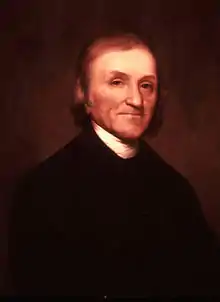

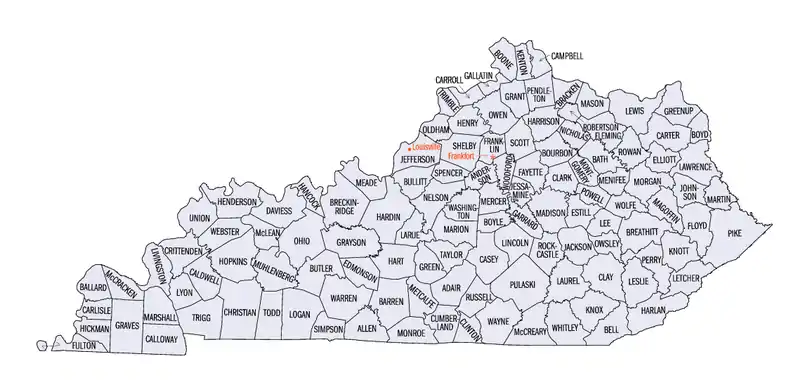



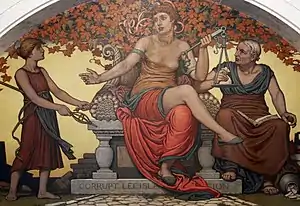
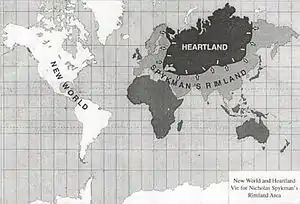
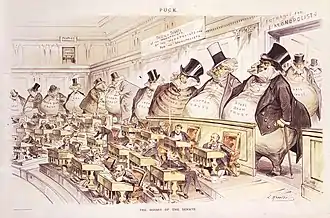
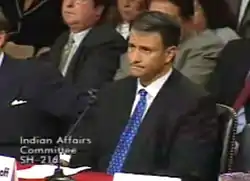
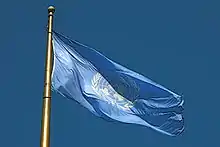
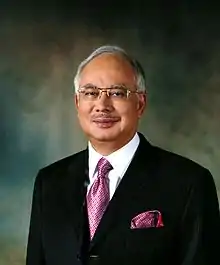
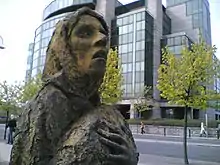
.jpg.webp)
.jpeg.webp)

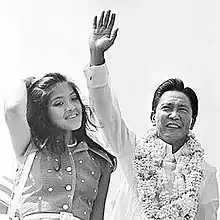
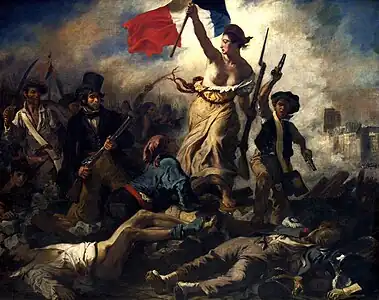
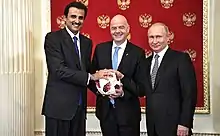
_(cropped).jpg.webp)
_(2).jpg.webp)
.svg.png.webp)
